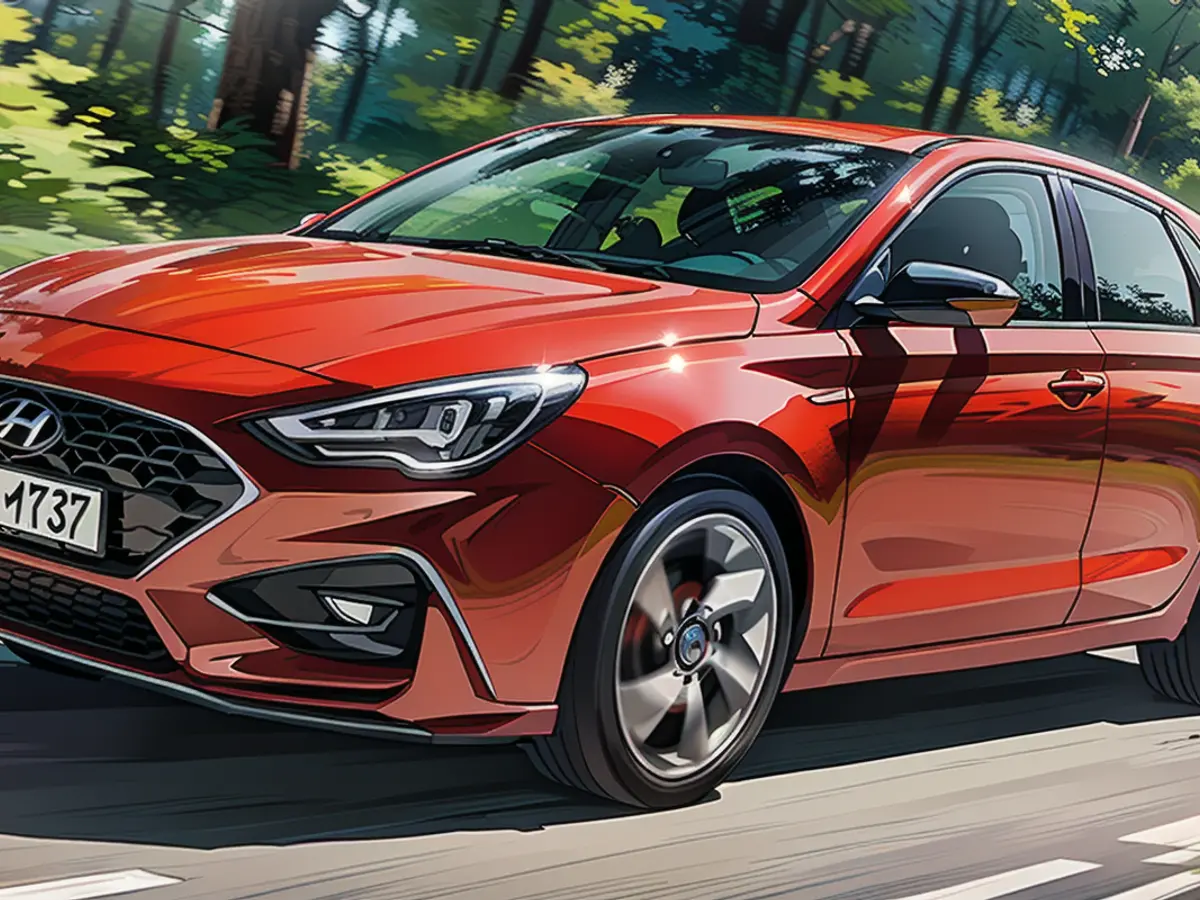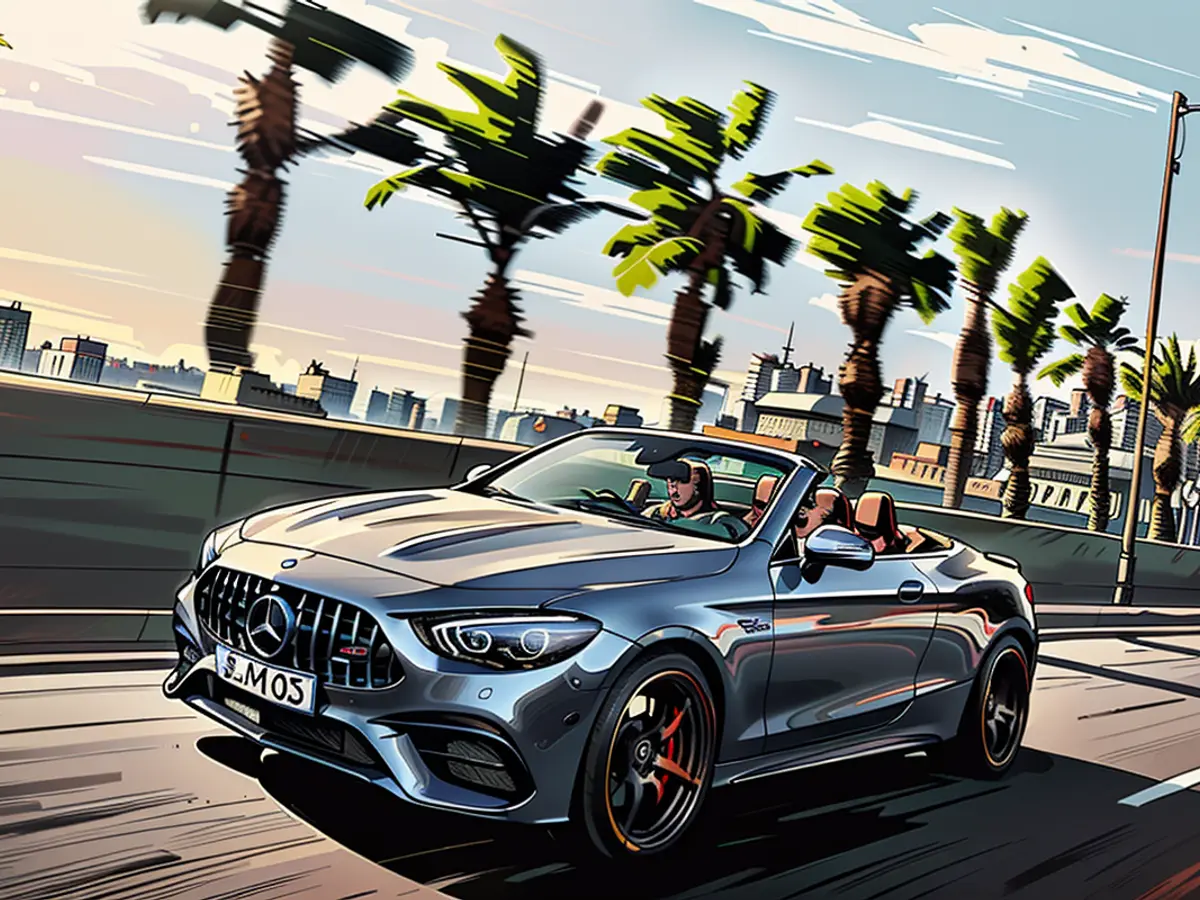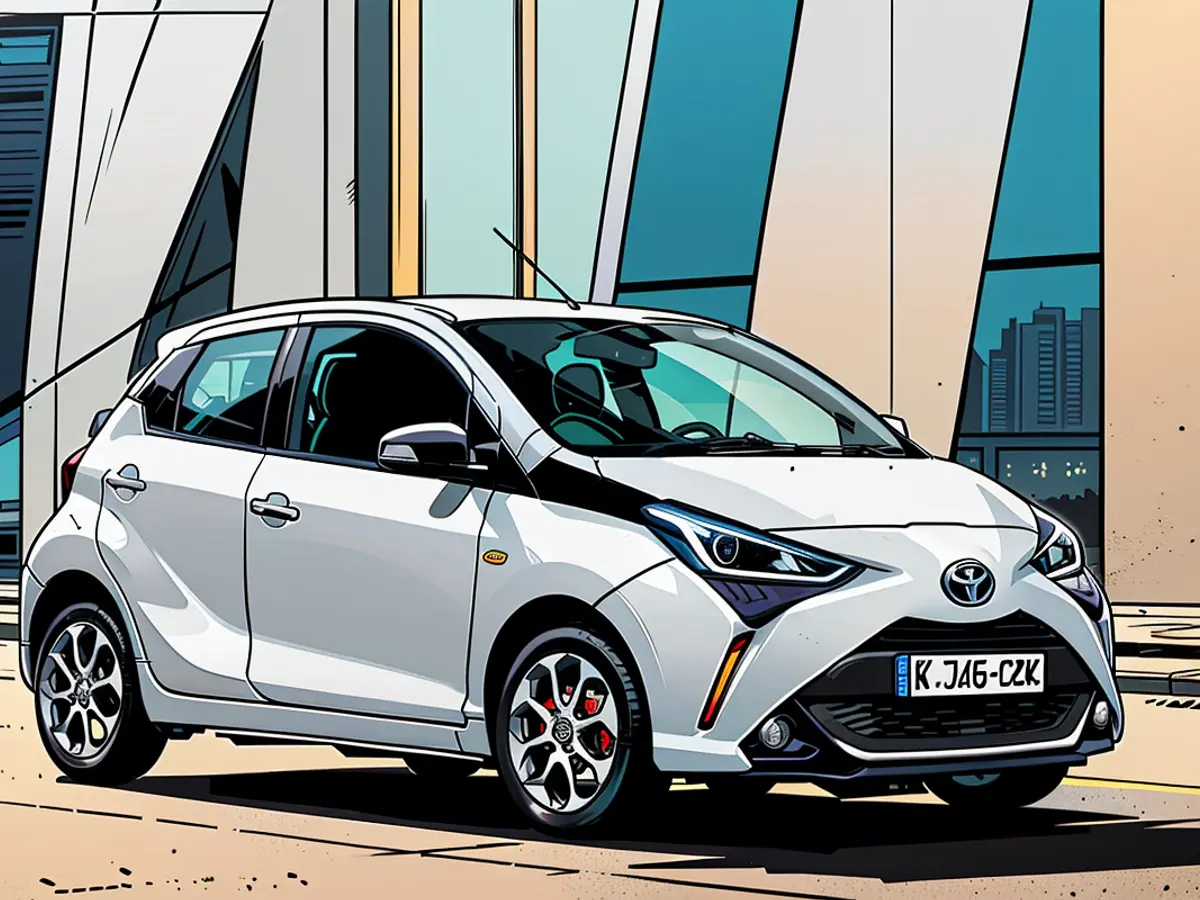Hyundai i30 displays impressive performance during TÜV tests.
The Hyundai i30 is the brand's response to cars like the VW Golf, and it comes in three different body styles. It has proven itself in TÜV inspections (HU).
Since 2017, the third generation of the i30 has been on the market, but it hasn't quite made it to the top with cars like the VW Golf, Ford Focus, or Opel Astra.
Quality-wise, the current i30 has been impressive in TÜV's main inspections. There were no issues with the chassis or lights, but there have been complaints about oil loss. There have also been some problems with the exhaust and brakes.
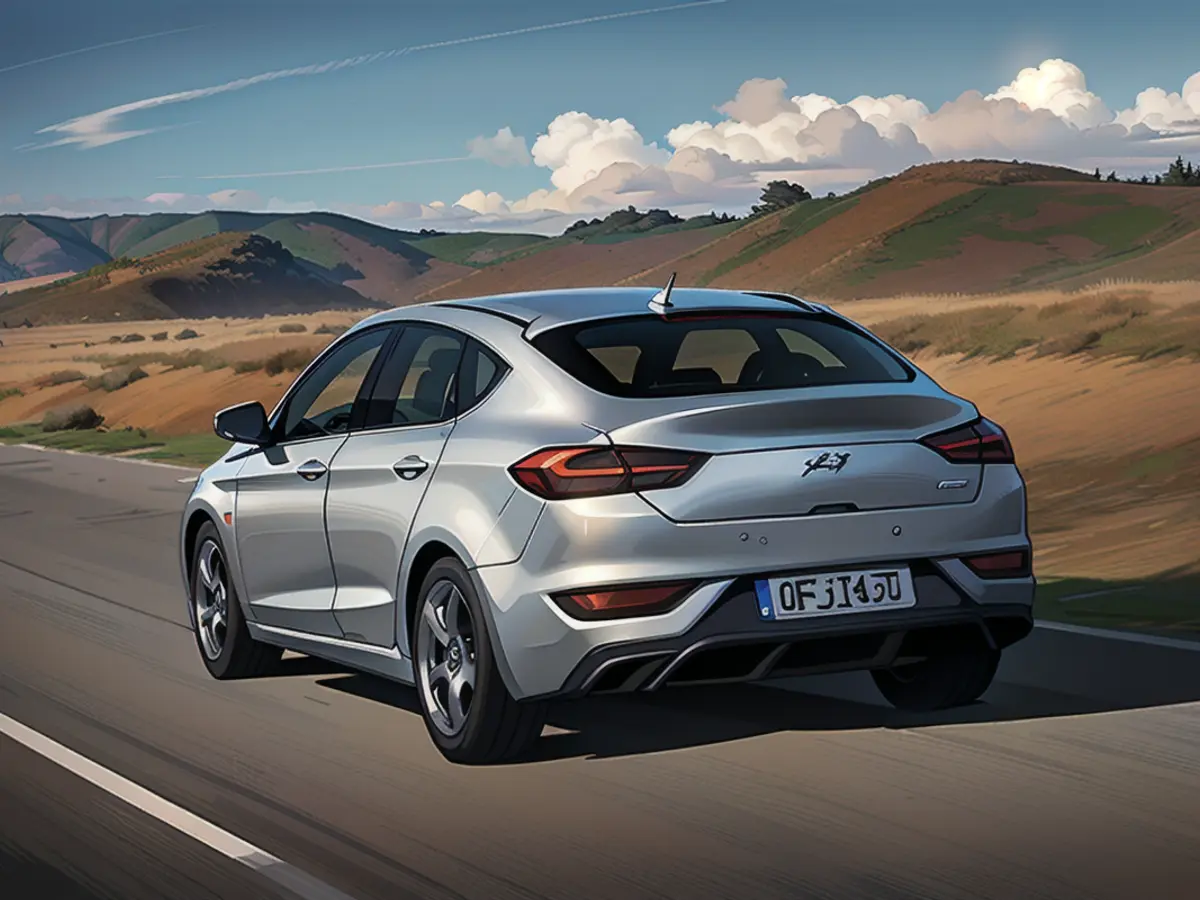
As for body and interior, the i30 is available as a five-door car and an estate, and the fastback version (N) was added in the end of 2017. Hyundai no longer sells a three-door model. The 4.34-meter long five-door car offers a trunk space of 395-1300 liters based on seat adjustment. The 4.59-meter estate has a capacity of 600-1650 liters. The 4.46-meter fastback falls in the middle with a cargo space of 450-1351 liters. The interior is well-designed and has good material quality. The i30 also provides plenty of space for passengers.
The 2020 facelift gave the i30 a new look with modified front and rear aprons and new lights. The inside got a makeover as well with redesigned air vents, colors, and surfaces, along with an optional 7-inch digital cockpit. Hyundai made minor changes like a slightly revised grille and chrome on the rear bumper in 2024, now including a digital cockpit as standard.
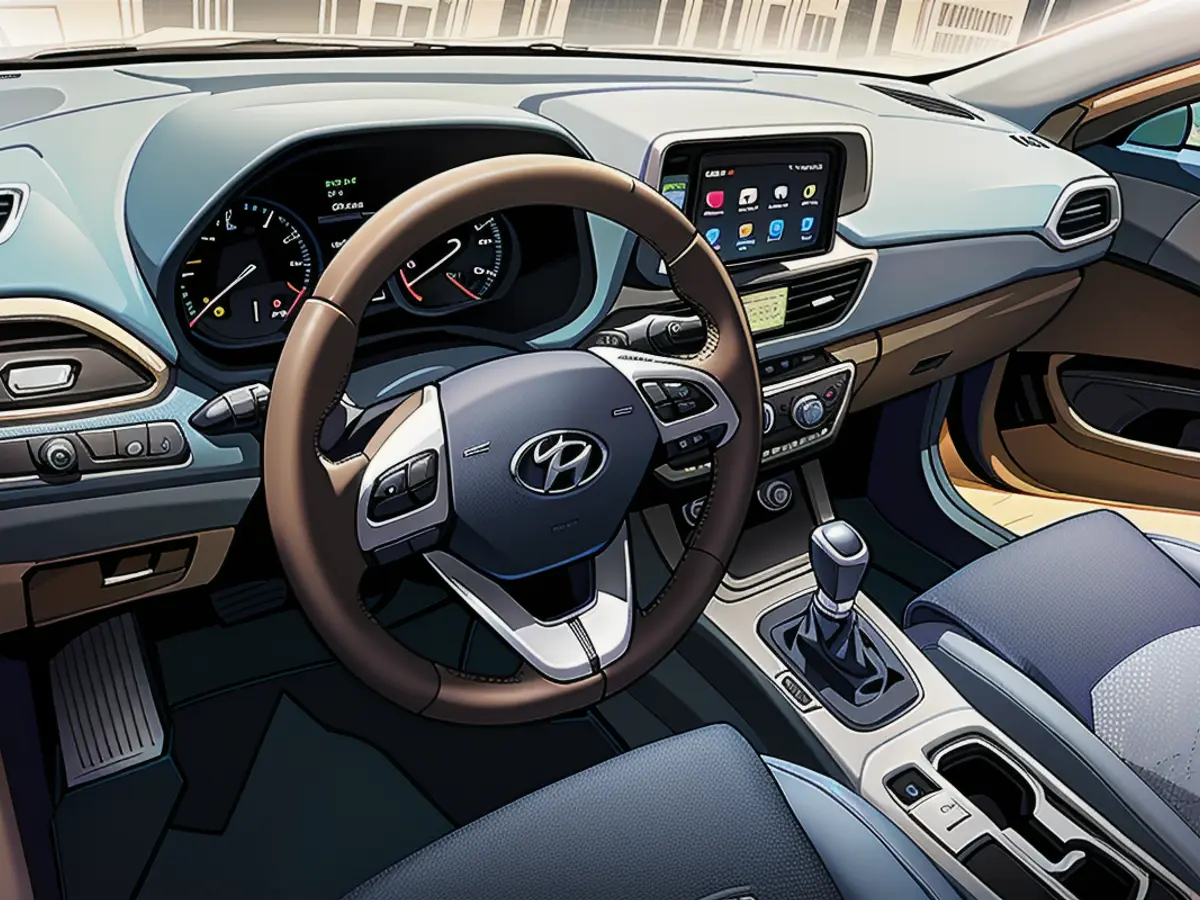
The initial engine lineup consisted of petrol and diesel options, with a manual six-speed gearbox as standard for front-wheel drive. There were also seven- and eight-speed dual-clutch options for certain engines. The entry-level engine is a 1.4L naturally aspirated with 73 kW/99 hp. The more lively option is a 1.0L three-cylinder turbo at 88 kW/120 hp and better fuel economy than the 1.4L at 5L avg. Other choices include a 1.4L four-cylinder 103 kW/140 hp or a two-liter 184 kW/250 hp. The top engine is a 202 kW/280 hp 2.0L turbo.
In 2020, Hyundai gave the i30 a new engine lineup. The 1.4Naturally aspirated was replaced by a 1.5L engine with 110 hp, and the 1.4 turbo is traded in for a 1.5L turbo with 118 kW/160 hp. They added diesel engines to the range in 2022.
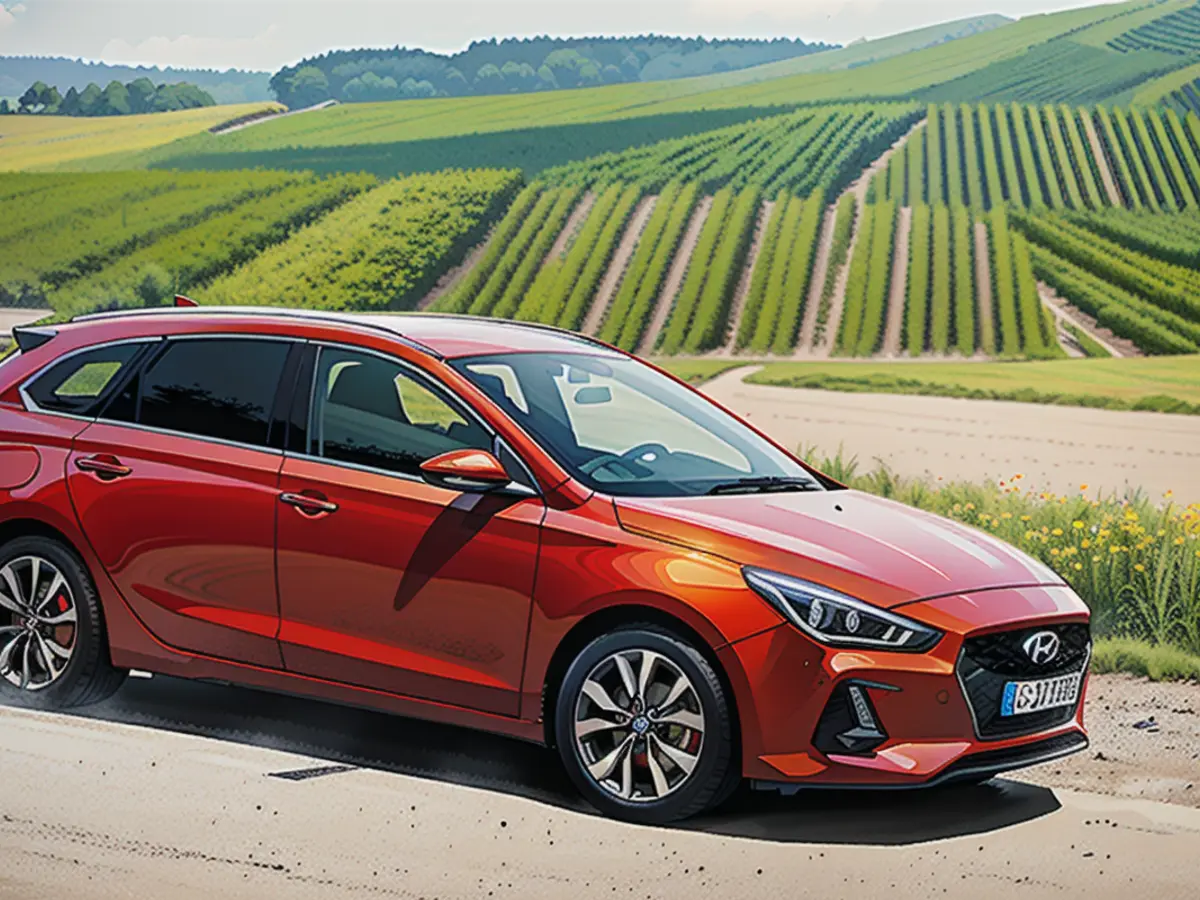
Hyundai offers a wide selection of equipment for the i30, starting with the "Pure" which pairs with the naturally aspirated petrol engine and includes essential comfort and safety features. Other options are Select, Style, Trend, N-Line, and Prime. "Trend" has 18-inch wheels, automatic air conditioning, and parking assistance, while "N-Line" boasts sport seats and sport trim. Buyers could also add packages, such as one for navigation or extended assistance services. A five-year warranty is standard with every i30.
In conclusion, the Hyundai i30 comes in three body styles and a variety of engines to suit various needs. Buyers should be on the lookout for oil leaks in their desired model. According to data from mobile.de, around 6500 used i30 models are currently for sale on this platform. Prices start around €7500.
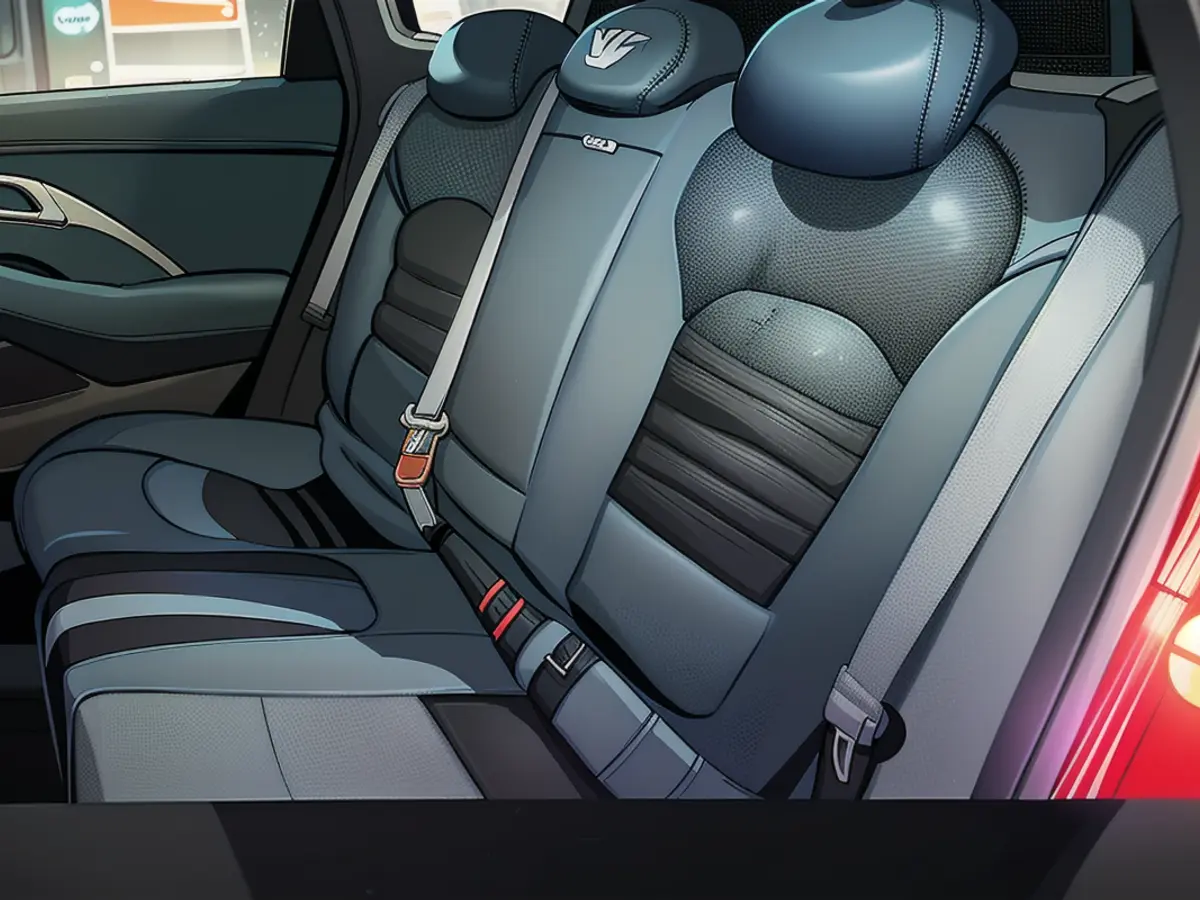
Read also:
The Hyundai i30 has been consistently tested by the ADAC, showcasing its reliability in automobile performance. If you're in the market for a used car, there are several Hyundai models, including the i30, available that have undergone an MOT inspection to ensure their roadworthiness.
Source: www.ntv.de
